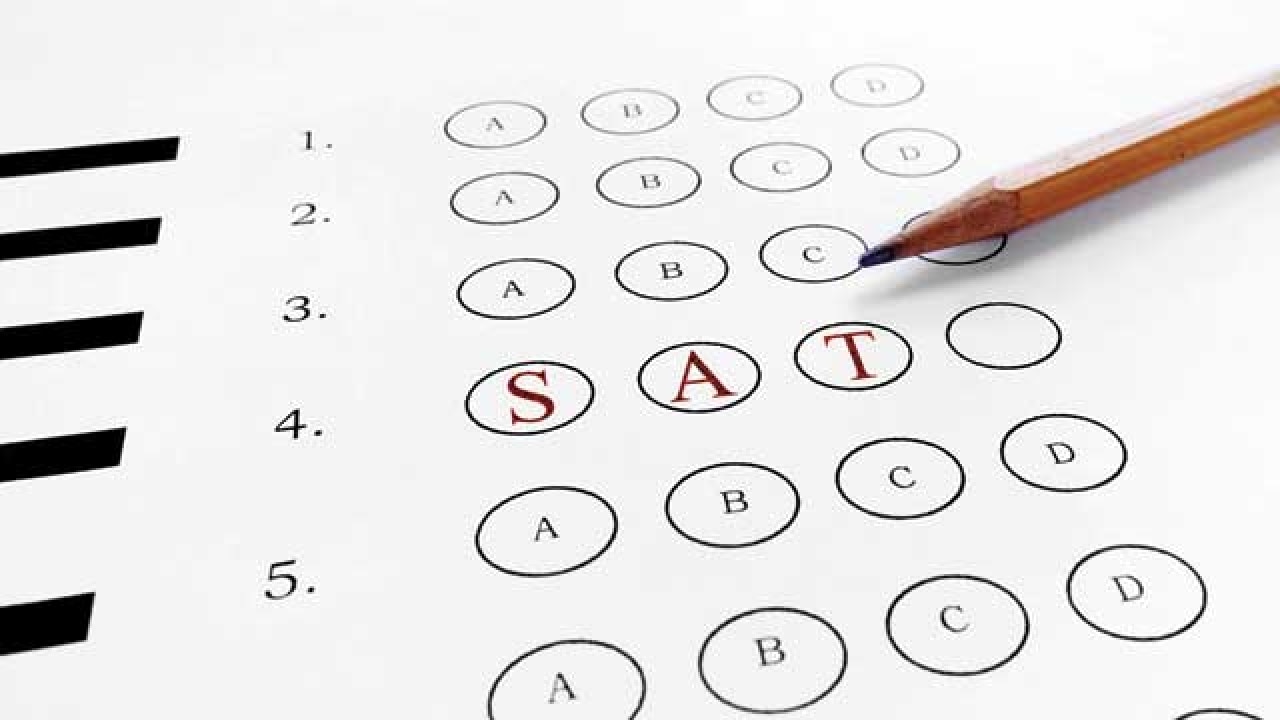
Last December, many students all over the world hoping to attend global universities to pursue further studies took the Scholastic Aptitude Test (SAT). This exam is mainly set to assess a student’s verbal and quantitative reasoning skills, and is a pre-requisite for admission to undergraduate schools. This time, however, students were asked to read a 2014 Huffington Post about the Family and Medical Insurance Leave Act, and assess how the author, Senator Kirsten Gillibrand, supported her argument.
Following this, Washington Post writer, Trip Apley, who also wrote the SAT exam, examined on the ethics of presenting teenagers with political commentary, and testing them on whether or not they could use the logic to infer why the author made their argument (whether they agreed with it or not). Trip believed that the question was inappropriate. It presented a one-sided case for a ‘controversial topic’. He argued that the exam’s writers should conduct themselves with ‘dinner party etiquette’, and avoid controversial topics of religion, politics or sexuality. His main reasoning was that the SAT is an ‘assessment tool’ and not a platform to ‘promote political agenda to millions of impressionable students.
While it is true that understanding the logic of those you disagree with is important in today’s political situation, dissecting political commentary with an outsider’s perspective is a skill required by so many students. However, the SAT involves several months of preparation. Students are pressured because of this exam, and it decides much of their future. One thing the SAT definitely doesn’t ask you to prepare for is to assess political commentary and to expect teenagers (who generally have extremely strong views about everything), to look at things from a completely neutral perspective is bordering delusional.
However, what the Washington Post writer may have missed out on is that this is barely controversial- while the Post compared it to ‘abortion’, the article simply revolved around the national paid leave program in the United States. Students entering university should be able to handle that much controversy. Also, students in high school dissect comparative literature, history and politics too, so they have evidently been exposed to such controversies before, even in their day-to-day life. While the SAT doesn’t require you to prepare for such a question, maybe it is important to include political or relevant commentary. Why? Because if this exam is an assessment of a student’s reasoning, testing them to be neutral and logical using politics is probably a good way to do it.
(The writer is an 18-year-old student, currently on a gap year.)